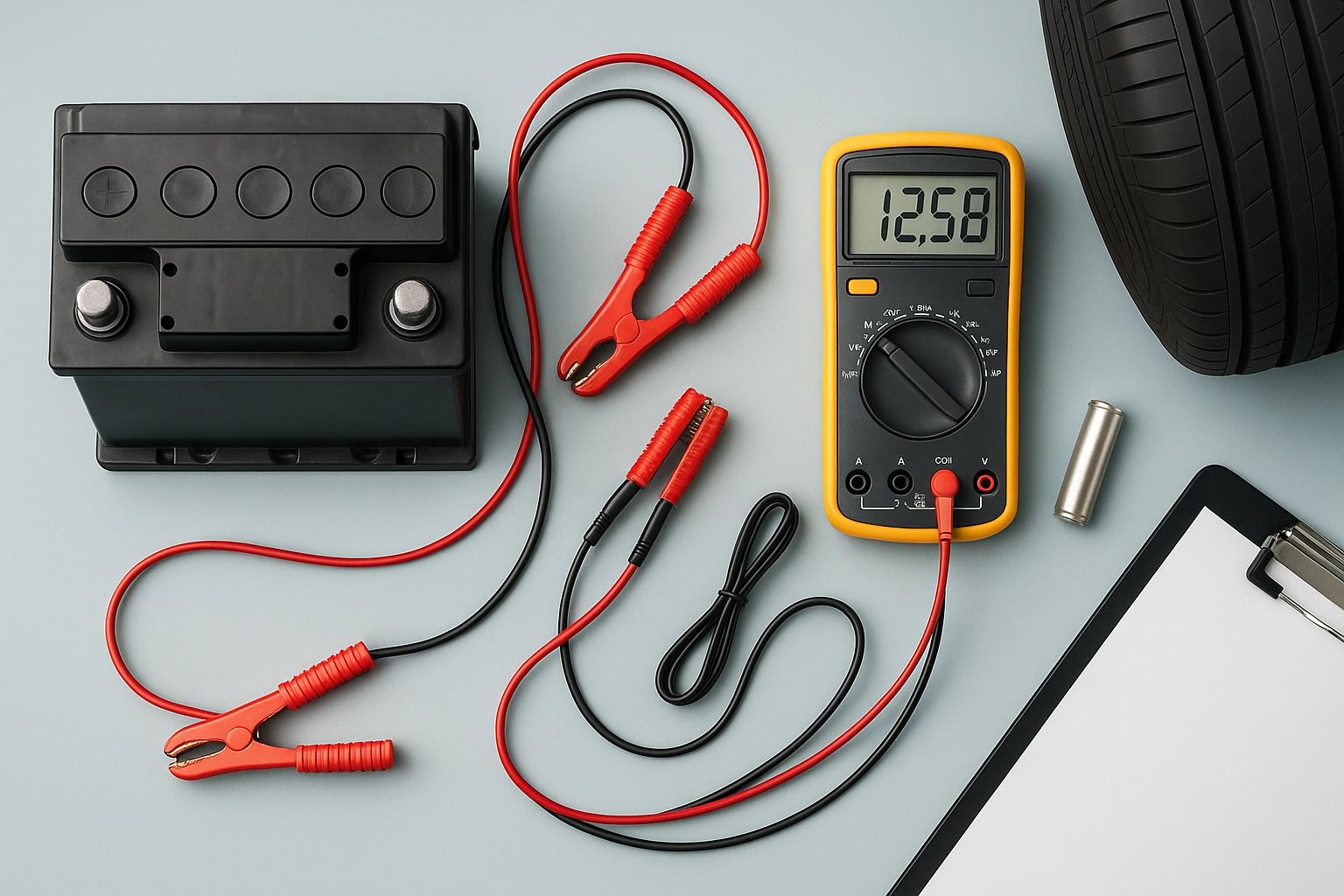IEC 63057 Battery System Reliability Testing
The IEC 63057 standard is a critical specification that outlines procedures and criteria for testing the reliability of battery systems. This service ensures that automotive batteries meet stringent performance, durability, and safety standards, which are vital in ensuring the longevity and efficiency of electric vehicles (EVs) and hybrid vehicles.
The IEC 63057 Battery System Reliability Testing is particularly important as it addresses the unique challenges faced by battery systems in a variety of automotive applications. The standard covers tests that simulate real-world driving conditions, including temperature cycling, vibration testing, and accelerated aging. These tests are designed to identify potential weaknesses or failures before they occur under operational conditions.
The service provided involves comprehensive pre-test consultations with clients to understand their specific needs and expectations. This includes discussions on the type of battery system being tested (e.g., lithium-ion, lead-acid), the expected operating environment, and any particular performance criteria that need to be met. Once these details are established, a detailed test plan is formulated. The testing process itself involves several stages:
- Environmental conditioning: Batteries are subjected to controlled environmental conditions to simulate various operational scenarios.
- Cycling tests: Repeated charge and discharge cycles mimic the operational profile of the battery in real-world applications.
- Vibration testing: Simulated road conditions that a vehicle might encounter during its lifetime are replicated to assess durability.
The IEC 63057 Battery System Reliability Testing also includes rigorous acceptance criteria. These standards ensure that only batteries meeting the specified requirements are certified as reliable for automotive use. The testing process is not just about identifying failures but also about understanding how and why they occur, providing valuable insights into improving future designs.
The service is performed in a state-of-the-art laboratory equipped with advanced test rigs and instrumentation. These tools allow us to replicate real-world conditions precisely, ensuring accurate and reliable results. Post-testing analysis involves detailed reporting that includes both quantitative data (such as voltage profiles during cycling) and qualitative observations (like signs of wear and tear).
Understanding the importance of this service in today’s automotive industry, it is essential for quality managers, compliance officers, R&D engineers, and procurement teams to ensure that their battery systems meet the highest standards of reliability.
| Test Stage | Description |
|---|---|
| Environmental Conditioning | Batteries are subjected to controlled temperature and humidity cycles. |
| Cycling Tests | Battery is repeatedly charged and discharged over a specified number of cycles. |
| Vibration Testing | Simulates the effects of road conditions on battery durability. |
Scope and Methodology
The scope of IEC 63057 Battery System Reliability Testing includes a comprehensive set of procedures designed to evaluate the reliability, safety, and performance of automotive battery systems. This testing ensures that batteries meet stringent international standards before being incorporated into vehicles.
The methodology involves several key components:
- Pre-test Consultation: Discussions with clients to understand specific requirements and expectations.
- Test Plan Development: A detailed plan outlining the testing process, including environmental conditions, test duration, and acceptance criteria.
- Testing Execution: Conducting tests in a state-of-the-art laboratory equipped with advanced instrumentation.
- Data Analysis: Comprehensive analysis of test results to identify any potential issues or areas for improvement.
The testing process is meticulously documented, ensuring that all steps are followed and results are accurately recorded. This documentation is crucial for compliance purposes and as a reference for future improvements in battery design and manufacturing processes.
| Test Component | Description |
|---|---|
| Pre-test Consultation | Understanding specific requirements and expectations. |
| Test Plan Development | Development of a detailed plan outlining the testing process. |
| Testing Execution | Conducting tests in a state-of-the-art laboratory equipped with advanced instrumentation. |
| Data Analysis | Comprehensive analysis of test results to identify any potential issues or areas for improvement. |
Industry Applications
The IEC 63057 Battery System Reliability Testing is widely used in the automotive industry, particularly for electric vehicles (EVs) and hybrid vehicles. This service ensures that battery systems are reliable under various operating conditions, which is essential for maintaining the safety and performance of these vehicles.
- Electric Vehicles: Ensures that batteries can handle the high demand placed on them during charging and discharging cycles without failing.
- Hybrid Vehicles: Provides assurance that battery systems are robust enough to withstand varying operating conditions, including start-stop scenarios and extended periods of inactivity.
- Public Transport: Guarantees the reliability and safety of batteries used in buses and trains, ensuring they can operate continuously without interruption.
- Taxis and Ride-Sharing Vehicles: Ensures that taxis and ride-sharing vehicles have reliable battery systems to maintain consistent availability and service quality.
The testing process is not only beneficial for the automotive industry but also for manufacturers of battery packs, modules, and cells. By ensuring that these components meet stringent reliability standards, we contribute to safer and more efficient transportation solutions.
Environmental and Sustainability Contributions
The IEC 63057 Battery System Reliability Testing plays a crucial role in promoting environmental sustainability by ensuring that automotive battery systems are reliable and safe. This contributes to reducing waste and improving the overall sustainability of the automotive industry.
- Reduction of Waste: By identifying potential issues early on, we help manufacturers avoid producing defective batteries, thereby reducing waste in production processes.
- Energy Efficiency: Reliable battery systems ensure that vehicles can operate efficiently, reducing the overall energy consumption and carbon footprint of transportation.
- Safety Compliance: Ensuring compliance with international standards helps prevent accidents and reduces environmental risks associated with defective batteries.
The testing process also promotes sustainable practices by encouraging continuous improvement in battery design and manufacturing. This, in turn, leads to the development of more efficient and environmentally friendly vehicles, contributing to a greener future for transportation.





